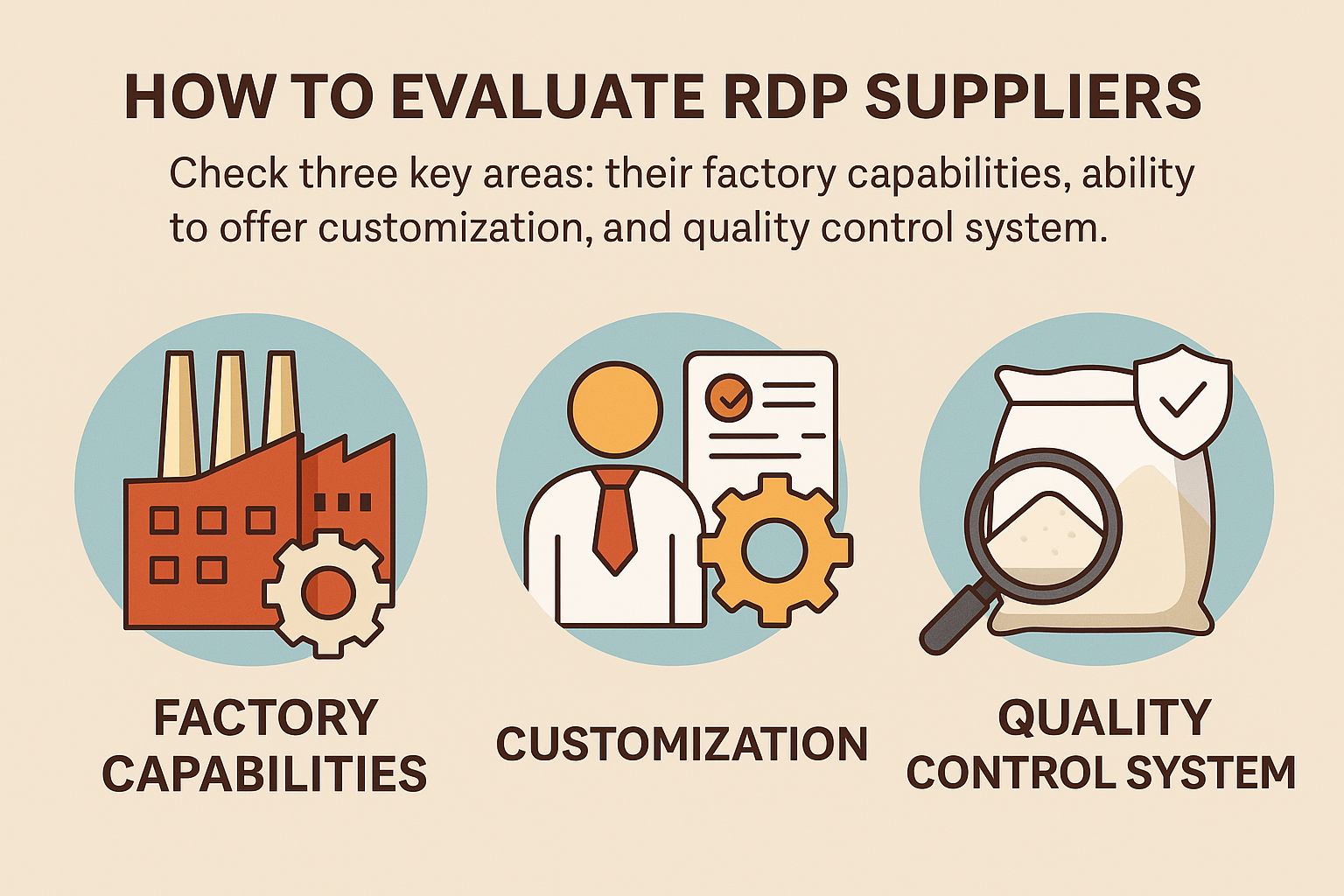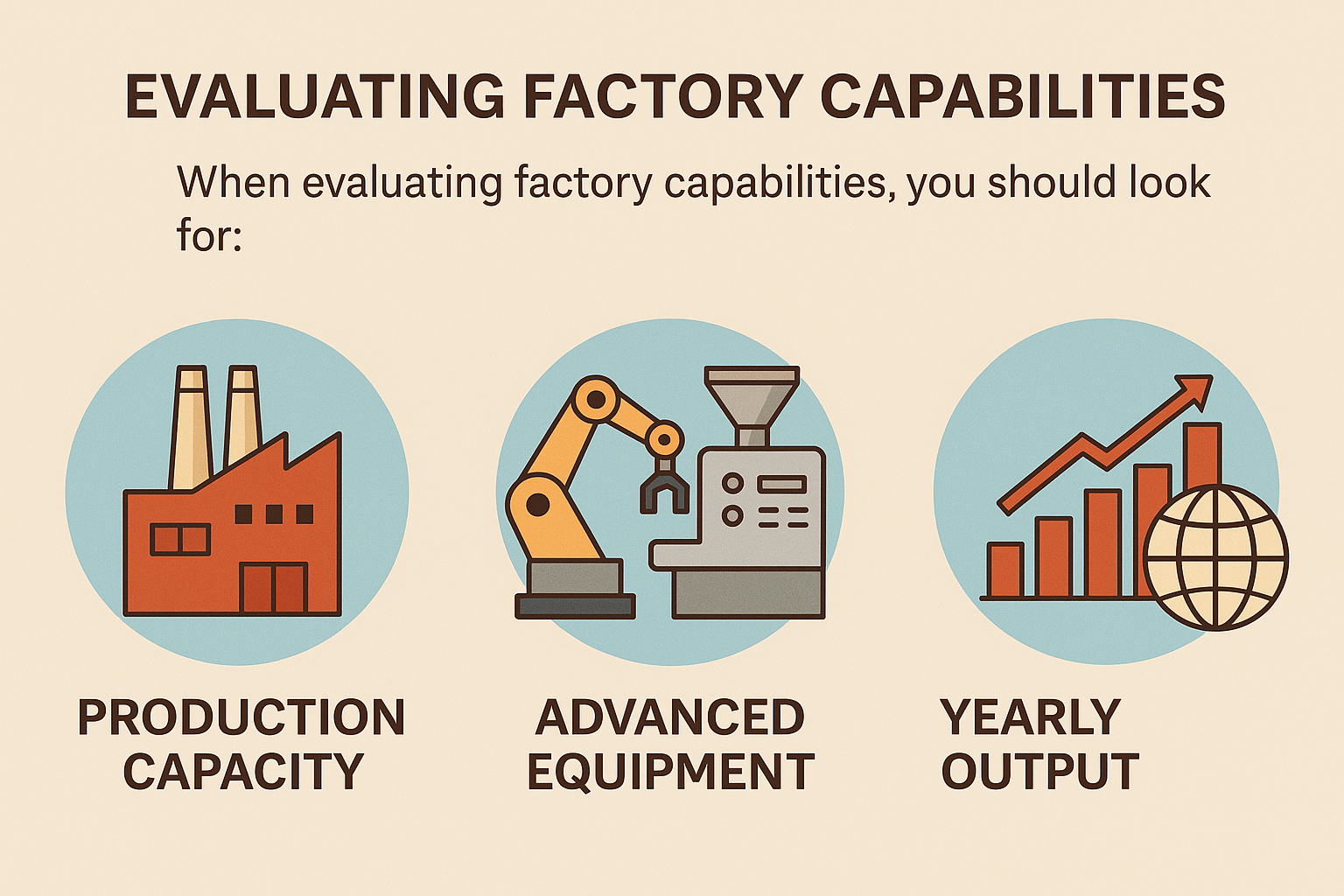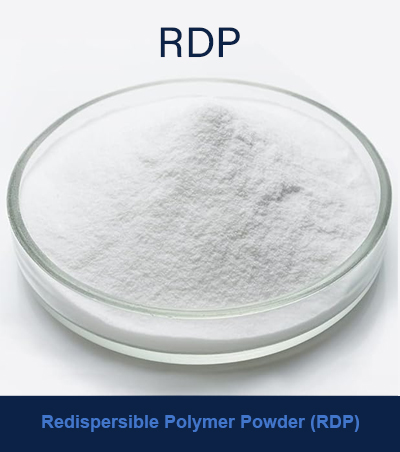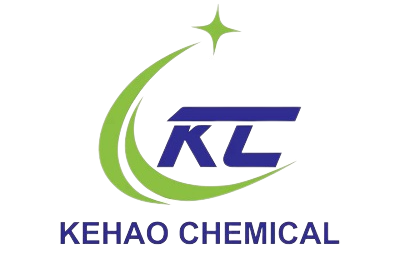Redispersible polymer powder (RDP) is a critical additive in construction. But choosing the wrong supplier can cause delays, poor performance, and wasted budgets. The right partner ensures stable quality and long-term reliability.
To evaluate RDP suppliers effectively, you should check three key areas: their factory capabilities, their ability to offer customization, and their quality control system. A reliable supplier combines strong production capacity with tailored solutions and strict certifications to meet global construction standards.

rdp supplier evaluation
A trustworthy RDP supplier is not only a manufacturer but also a long-term partner. If you want stable supply, fewer complaints, and reliable performance on your job sites, you must look beyond price. Let’s break down what matters most.
What Factory Capabilities Should You Look for in an RDP Supplier?
Many buyers focus only on price, but without checking production capabilities, risks increase. Imagine receiving a half shipment because the factory cannot meet your order. The project stops, and costs grow.
When evaluating factory capabilities, you should look for production capacity, level of automation, advanced equipment, yearly output, and proven export experience. These factors prove if a supplier can handle bulk orders consistently.

rdp factory capacity
A deeper look shows why factory strength matters. A large-scale RDP factory with multiple fully automatic production lines can guarantee consistency. Automation reduces human error and keeps batch quality uniform. Annual capacity indicates if the supplier can scale during peak demand. Export history proves they understand international logistics and compliance.
Key Factors in Factory Capabilities
| Factor | Why It Matters |
|---|---|
| Production Capacity | Ensures the supplier can meet bulk and urgent orders without delays. |
| Automation Level | Reduces human error, ensures batch consistency, and improves efficiency. |
| Equipment Quality | Advanced machines improve product stability and reduce variation. |
| Annual Output | High output reflects scalability during peak construction seasons. |
| Export Experience | Proven ability to manage customs, documents, and global logistics. |
For example, a supplier with more than 60,000 tons of annual RDP output, combined with a strong export record to Southeast Asia and Africa, offers peace of mind. You know they can handle both large-scale contracts and long-term partnerships. For further reading on international supply chain reliability, see McKinsey’s insights on global supply chains.
How Does Customization Add Value When Choosing an RDP Manufacturer?
Every project has different needs. Using the same RDP for tile adhesive and for EIFS often leads to poor performance. Customization can solve these problems and reduce waste.
Customization adds value because it tailors RDP properties to specific applications such as tile adhesive, EIFS, or self-leveling mortar. This ensures higher performance, better bonding, and cost savings for end-users.

In practice, RDP formulations vary depending on project requirements. For tile adhesive, adhesion and slip resistance are key. For EIFS, flexibility and insulation performance matter more. For self-leveling mortar, flowability and crack resistance dominate. A reliable supplier should provide formula adjustments to match these applications.
Application-Specific Needs
| Application | Customization Focus |
|---|---|
| Tile Adhesive | High adhesion, slip resistance, water retention |
| EIFS | Flexibility, thermal insulation, crack resistance |
| Self-Leveling Mortar | Flowability, anti-cracking, consistent curing |
Suppliers that invest in R&D and application labs can test and adjust formulas for different markets. This not only boosts performance but also reduces callbacks and rework. A real example I saw in Africa was a distributor who cut rework by 30% after shifting to customized RDP solutions. More on why customization drives growth can be found in Harvard Business Review’s article on tailored products.
Why Is Strict Quality Control the Key to Reliable RDP Supply?
Even if the factory is big and offers custom formulas, poor quality control destroys trust. Imagine two containers from the same supplier, but one batch fails. The project faces delays, and your reputation suffers.
Strict quality control ensures every batch of RDP meets the same standard. ISO and REACH certifications, third-party tests, and stable performance guarantee reliability for construction projects worldwide.
A closer view shows that testing is not optional. Reliable suppliers must perform raw material checks, in-process monitoring, and final product testing before shipment. Certifications such as ISO and REACH build confidence because they prove compliance with international standards. Independent third-party lab tests add extra proof.
Steps in RDP Quality Control
| Step | Purpose |
|---|---|
| Raw Material Testing | Prevents low-quality input materials from entering production. |
| In-Process Monitoring | Ensures consistency and detects errors early in production. |
| Final Batch Testing | Confirms key indicators like adhesion and flexibility meet standards. |
| ISO/REACH Certification | Provides global compliance proof and customer confidence. |
| Third-Party Testing | Independent verification of product stability and reliability. |
In my experience, buyers who ignored quality systems often faced higher complaint rates. On the other hand, those who worked with certified suppliers enjoyed stable performance and fewer disputes. To understand how certification impacts global trade, you can review ISO’s role in international standards.
Conclusion
When choosing an RDP supplier, focus on their factory capabilities, ability to customize, and strict quality control. These three pillars protect your project and ensure long-term success.



